Left-liberal EU representatives and Hungarian politicians are particularly fond of threatening Hungary with EU funds withdrawals if the Orbán government does not say and do as expected from abroad. We are talking about a lot of money – but it does not come free.
“The European Union is not providing us with support, rather repayments” Csaba Lentner told Magyar Nemzet. The economics professor noted that three decades ago, in the process of the regime change, Hungary gave up the protection of its internal markets. Thus, the country gave up the opportunity to help domestic manufacturers and so, Western European products took over the Hungarian market without paying any customs duties. Without the protection of those fees, domestic producers could no longer compete. In addition, neither the government nor the former central bank provided adequate support to domestic producers. Companies from Western Europe essentially suffocated domestic manufacturers. They acquired the domestic Hungarian market, as well as the eastern markets that were once supplied by famous domestic companies.
“Western companies made windfall profits off of Hungary and they took most of that money away” explained the expert. He reminded that during the regime change, everyone could see that the planned economy had failed as the eastern markets collapsed, so the forced orientation towards the West began.
And it was just a faint promise then that Hungary could eventually be a member of the European Union. After a decade and a half, this did happen, but in the meantime, we had given up the right to shape our independent economic policy.
“From the very beginning, Hungary was expected to apply EU fiscal rules and, to a limited extent, the policies of the central bank. The financial framework through which the Hungarian state supported domestic companies such as those in agriculture had to be dismantled” emphasized the economist.
Moreover, we guaranteed healthcare and training for foreign companies financed by our own forint tax budget. “We handed over the country’s opportunities: foreigners settling here received tax benefits, along with settlement and investment subsidies. Companies from the EU’s developed countries came under optimal conditions and they certainly took advantage of that opportunity” explained Csaba Lentner.


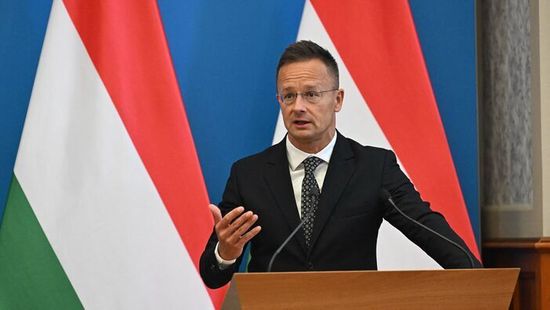









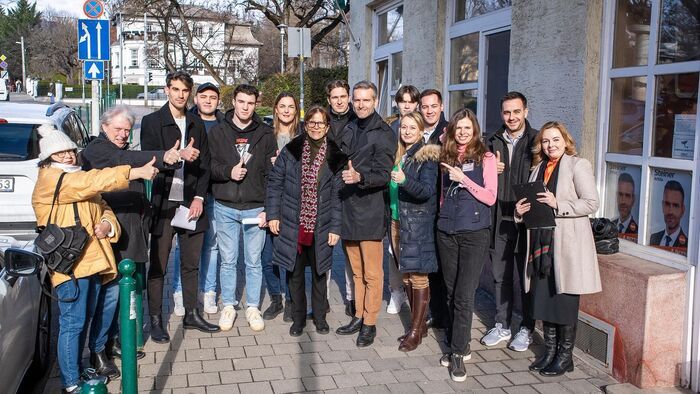
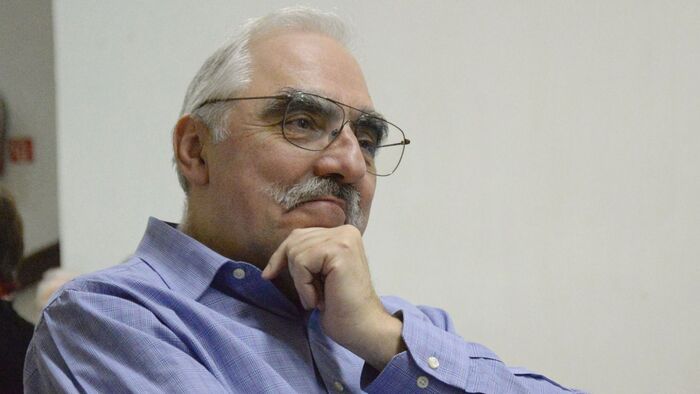


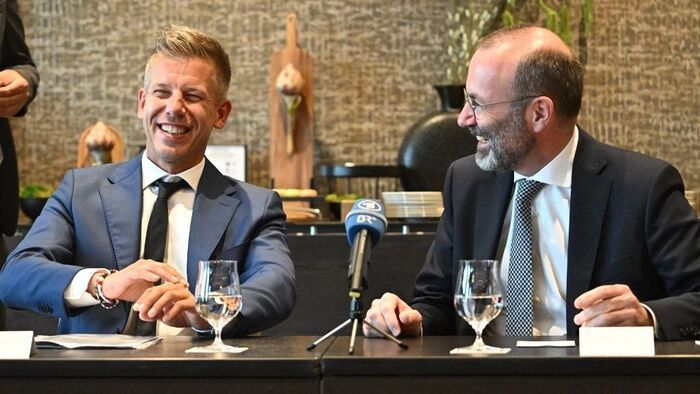
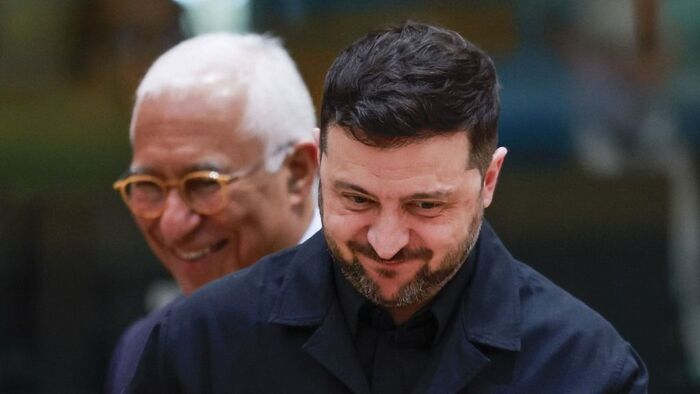

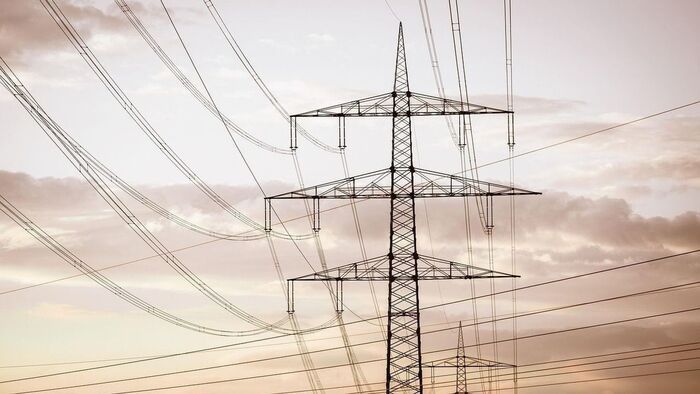
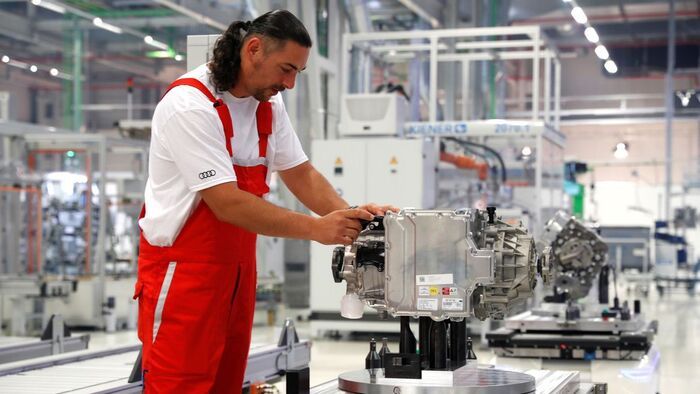


Szóljon hozzá!
Jelenleg csak a hozzászólások egy kis részét látja. Hozzászóláshoz és a további kommentek megtekintéséhez lépjen be, vagy regisztráljon!